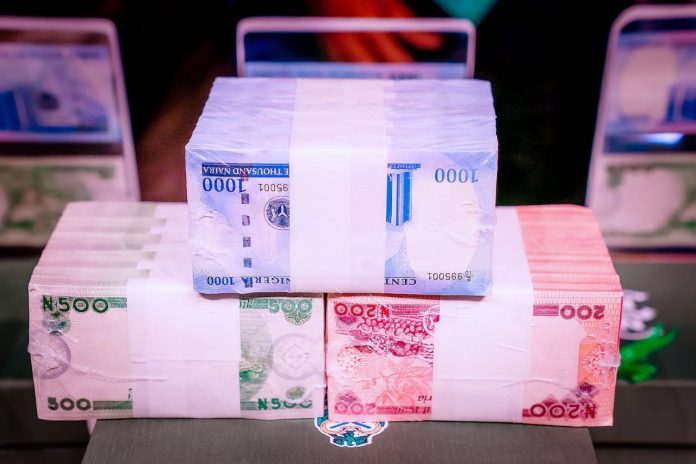The Nigerian naira is set to face significant challenges as the U.S. dollar gains strength following Donald Trump’s re-election as President of the United States.
On Friday, the naira traded at N1,678 per dollar in the official market, dropping by N39 from its Thursday rate of N1,639 per dollar.
According to FMDQ data, the naira has lost more than 70% of its value against the dollar since the free-market reforms in June 2023. These adjustments aimed to boost investor confidence and stabilize the Nigerian economy.
Several Nigerian companies with significant dollar liabilities have been hit hard by the naira’s steep decline, including industry giants like Nigerian Breweries and Nestlé Nigeria.
Market Expectations
A recent survey by the Central Bank of Nigeria (CBN) revealed that businesses are bracing for further depreciation of the naira through the end of the year, with hopes for recovery in 2025.
President Tinubu’s administration has initiated significant changes to Nigeria’s foreign exchange policies, aiming to attract foreign investors and stimulate economic growth. The goal is to modernize currency valuation to encourage investment.
With Donald Trump set to take office again on January 20, 2025, global market dynamics are expected to shift. His “America First” policy, which emphasizes U.S. energy independence, could lead to increased domestic oil production. This, in turn, may drive down global oil prices, reducing Nigeria’s oil revenue and exerting additional pressure on the naira.
Analysts believe that Trump’s policies could strengthen the U.S. dollar due to high tariffs and protectionist measures. As a result, the naira may weaken further, potentially reaching N2,000 per dollar if these trends continue in 2025.
Impact on U.S.-Africa Relations
Trump’s return may also alter U.S. investment strategies in Africa. While his skepticism toward foreign aid might lead to cuts in development assistance, initiatives like “Prosper Africa” could still provide some liquidity support for Nigeria’s foreign exchange market.
Economic Projections
Market forecasts suggest that the U.S. dollar will continue to rise in value against major global currencies in the medium term. On Friday, the dollar strengthened despite the Federal Reserve’s recent interest rate cuts.
The Fed recently lowered rates from 4.75% to 4.5%, marking its second reduction this year after a half-point cut in September. The central bank has not ruled out another cut in December, depending on the economy’s performance.
The U.S. fiscal deficit, already high at 6.5% of GDP, is expected to increase, which could drive Treasury yields higher. Trump has expressed interest in extending the Tax Cuts and Jobs Act of 2017, which is set to expire in 2025. A divided Congress may still agree to extend these tax cuts if Republicans fail to secure a majority in the House.
Key Takeaways
If Republicans regain control of the House, Trump’s administration could push for even deeper tax cuts. However, analysts caution that the dollar’s current strength may not last throughout Trump’s term. Long-term economic risks and potential pressure on the Federal Reserve to continue rate cuts, regardless of inflation, could weaken the dollar.
Trump’s influence over the Federal Reserve may increase when Jerome Powell’s term as Fed chair ends in May 2026. Should Trump appoint a more compliant successor, concerns about the central bank’s independence could emerge, potentially impacting the dollar’s stability.
Conclusion
The naira’s trajectory under Trump’s presidency remains uncertain. While U.S. policy decisions will play a significant role, the outcome will also depend on broader economic conditions and Nigeria’s domestic strategies to mitigate external pressures.



